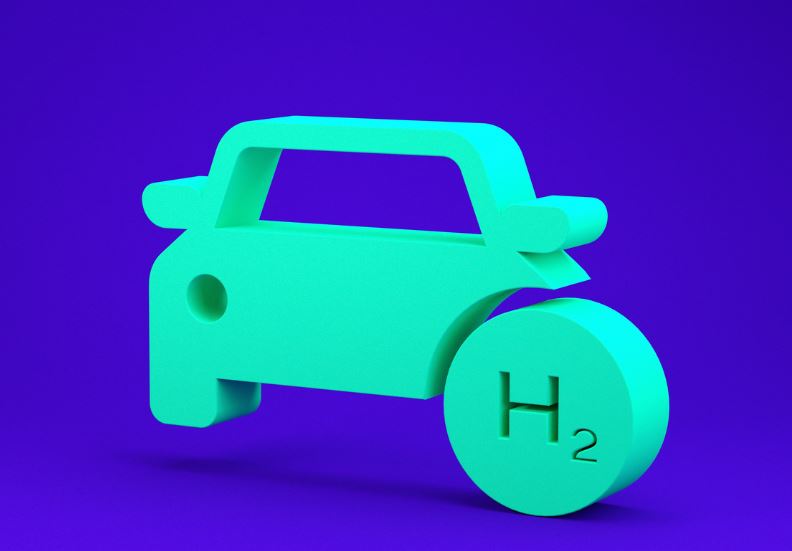Jinbei, a major automaker, and Farizon, known for its commitment to innovative energy solutions, have partnered to bring methanol-hydrogen vehicles to market.
These cars will be more environmentally friendly as they are designed to use methanol and hydrogen as alternative fuels. This collaboration highlights China’s efforts to reduce its carbon emissions and shift towards greener energy sources.
The methanol-hydrogen vehicles aim to reduce pollution significantly. Methanol, which is abundant and cost-effective, is combined with hydrogen to produce a cleaner fuel option. When used in engines, these fuels minimize the release of harmful emissions compared to traditional gasoline or diesel. The vehicles will likely feature advanced technology to ensure efficiency and performance while maintaining environmental goals.
The vehicles are expected to be available initially in select regions within China. The companies involved are focusing on areas where infrastructure supports the use of methanol and hydrogen fuels. The expansion into other regions will depend on the development of necessary refueling facilities. As interest in these eco-friendly vehicles grows, there will likely be an increase in infrastructure to accommodate them further.
This initiative underscores a broader movement within China’s automotive industry toward innovative energy sources. By pioneering the use of methanol and hydrogen fuels, Jinbei and Farizon not only address environmental concerns but also encourage other manufacturers to consider alternative energies. This move could potentially transform the global automotive landscape by setting a new standard for vehicle emissions.
